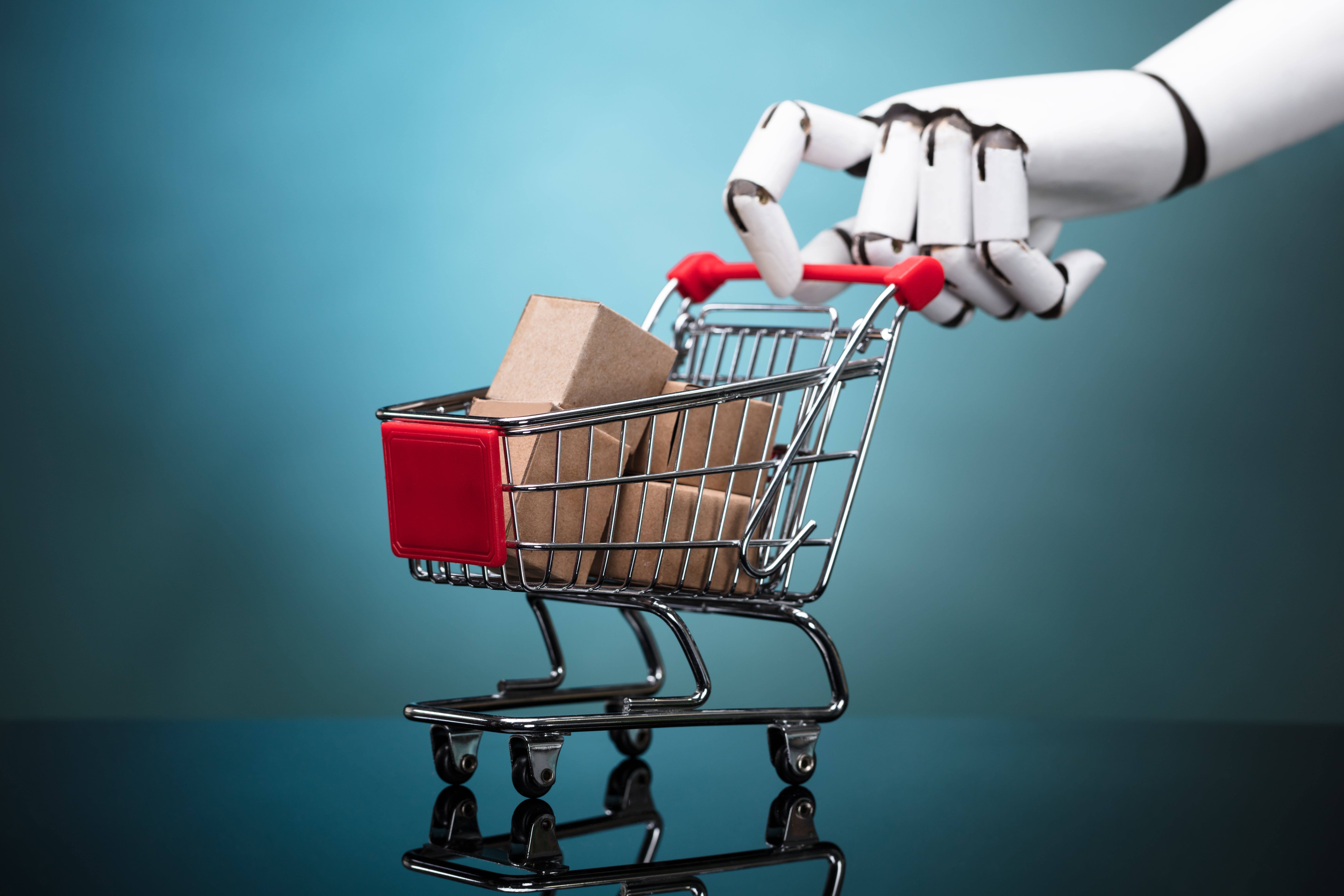While 66% of customers expect companies to understand their unique needs, only 34% of them actually do treat customers as individuals. There’s a real disconnect here, as well as an opportunity. Personalization can have a huge impact on eCommerce conversion rates. The upshot is that you create loyal customers who feel you truly understand their needs and keep coming back to buy from you.
Building Blocks for Personalization
In essence, personalization means optimizing your customers’ eCommerce searches, so the results feature products that they are more likely to be interested in based on their inherent preferences. Optimization is based on understanding each site visitor’s preferred shopping behaviors and content interactions. Those preferences range from brands to sizes, product value, pricing, life stage, dietary preferences and other relevant attributes.
By inferring these preferences—based on actual shopper behaviors and associated data— you now have access to the building blocks you need for personalizing displayed products, search results and relevant content.
Diving into Personalization
There are many layers to personalization, starting with product recommendations based on other customers’ behaviors. Over time, as customers interact with your eCommerce site, another layer of personalization is added based on the growing amount of data acquired through each customer’s behaviors on your site.
Personalized Recommendations Lead to Repeat Customers
When done right, personalization removes the hurdles that once prevented merchandizing teams from being able to ensure the best possible customer experience, while adding to the bottom line. The results from a well-executed personalization program can be dramatic—from increased revenues to faster time to conversion to more frequent repeat customer visits.
Another key aspect of personalization is relevancy. By displaying recommendations based on individual shopper’s behaviour— “frequently purchased with”, “you might like”, “recently viewed”, “also viewed” and “because you searched” are few examples—you are more likely to increase both customer satisfaction and sales per transaction. Relevant returns might include displaying a phone cover and other accessories along with the primary product search return for a mobile phone, or shirts, ties and related clothing items along with the search return for a pair of pants.
Machine Learning Makes the Difference
Many merchandizing teams have been tasked with manually addressing the massive breadth of possibilities that come with trying to increase personalization and relevance. That just doesn’t cut it anymore.
Now, Machine Learning (ML) recognizes individual customer buying patterns, behaviors and actions. Those can include frequency of purchases, items most frequently purchased together, and items also viewed during the buying process. ML can even recognize customer subsets, delivering ripe possibilities for promotions, unique calls to action and cross-selling.
The ML model uses data to deliver a deeper understanding of these customer interactions, continuously improving product recommendations and items most frequently purchased together. Armed with the ability to better predict customer behaviors, merchandizing teams now have the tools they need to optimize each of their customer’s shopping experiences.
Critically, the data acquired via ML helps you reduce customer friction by serving up products that customers are more likely to buy, and highly relevant product recommendations and comparisons. ML goes further still, giving you the ability to optimize personalization with individualized incentives and offers. Finally, ML even extends personalization to content and communication, serving up relevant articles, images or other compelling content.
Ready to learn how GroupBy can help?
GroupBy’s ML-driven Product Discovery Suite, combined with our unique white-glove service, helps you improve your data quality and—consequently—relevance, conversions and customer satisfaction.
Schedule a discovery call with one of our eCommerce experts today.


